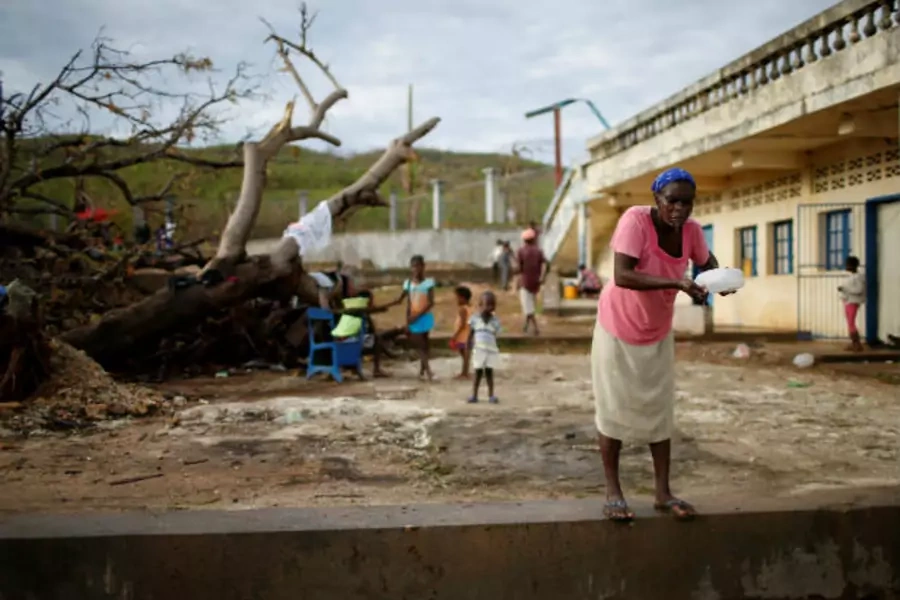Women Around the World: This Week

More on:
Welcome to “Women Around the World: This Week,” a series that highlights noteworthy news related to women and U.S. foreign policy. This week’s post, covering from October 15 to October 21, was compiled with support from Becky Allen, Anne Connell, and Lauren Hoffman.
Women’s leadership in NATO Rose Gottemoeller, former U.S. undersecretary for arms control and international security, formally assumed the position of NATO’s Deputy Secretary General this week. She becomes the second most senior NATO official and the first woman in history to hold the title. Gottemoeller’s extensive career in public service and international security policy includes advising U.S. Secretary of State John Kerry on arms control, non-proliferation, and political-military affairs and leading 2010 U.S. negotiations with Russia on the New START Treaty to restrict the proliferation of nuclear missiles and warheads. Gottemoeller’s appointment comes just months after the 28-member organization agreed in a summit in Warsaw to better deliver on commitments to increase women’s participation in peace and security efforts. Although gaps remain in women’s representation across the institution, women now hold a number of senior positions: besides newly appointed Deputy Secretary General Rose Gottemoeller, U.S. Navy Admiral Michelle Howard heads the Allied Joint Force Command in Naples, and U.S. Army Brig. Gen. Giselle Wilz serves as commander at NATO headquarters in Sarajevo.
Thousands protest gender-based violence in Argentina This Wednesday, thousands of people took to the streets of Buenos Aires and smaller groups gathered in cities across Argentina to protest violence against women. The particularly brutal nature of a recent assault and murder of a 16-year-old Argentine girl caused national outrage and drew attention to high rates of femicide and domestic violence across Latin and South America, the region with seven of the ten countries with the highest rates of female murder victims. Protests also gained international attention via social media with the trending hashtag #NiUnaMenos tweeted across the world, including by Chilean President Michelle Bachelet. According to the non-governmental group La Case del Encuentro, one Argentinian woman is killed every thirty hours by gender-based crime. The Argentine government has taken several steps in recent years to combat the alarming rate of violence against women and girls, including opening an office in the Supreme Court dedicated to investigating domestic violence, amending the criminal code to define and include femicide, and announcing a national action plan to improve implementation of existing laws.
Humanitarian response in Haiti Hurricane Matthew, one of the most powerful hurricanes to hit Haiti in a decade, devastated the southwestern region of the country earlier this month, leaving an estimated 1.4 million people in urgent need of humanitarian assistance. Over 540 people are confirmed dead and figures will likely rise as remote areas are fully assessed by government and international aid efforts. As has been well-documented in natural disasters around the world, women and girls are among the most vulnerable populations in the aftermath of a storm due to heightened risks of gender-based violence, spread of disease, maternal health complications, and destruction of livelihoods. UN Women’s Anthony Ngororano stressed that it is particularly critical that women are “at the heart of the humanitarian response in Haiti” given the lessons learned from the response to the catastrophic 2010 earthquake. Research found that scores of women and girls housed in sprawling temporary camps were attacked while getting water, sexually assaulted, or forced into transactional sex. Studies also suggested that the status of women and girls was overlooked in initial post-disaster needs assessments, and that basic measures—such as improved lighting, increasing women’s access to food, and creating sex-segregated shelters and sanitation facilities with lockable doors—could significantly improve safety in future relief efforts.
More on:
 Online Store
Online Store